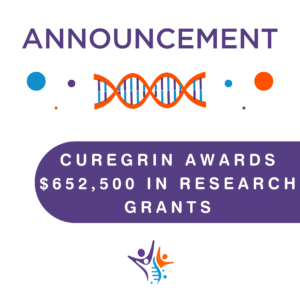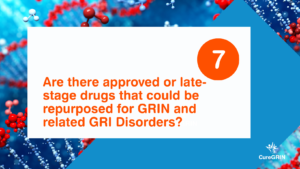Roche Lab-Postdoctoral Position
Share This Post

Position Type:
Postdoctoral position at the National Institute of Neurological Disorders and Stroke
Bethesda, MD
Position Title:
Postdoctoral position – the role of NMDA receptor rare variants in neurodevelopmental disorders
Position Description:
Postdoctoral positions are available in the laboratory of Dr. Katherine Roche, Chief of the Receptor Biology Section at the National Institute of Neurological Disorders and Stroke (NINDS). The Roche laboratory investigates the molecular mechanisms regulating synaptic dysfunction underlying neurodevelopmental disorders. The project would focus on rare variants identified in NMDA receptor genes (GRINs) and resulting GRIN disorders (https://curegrin.org) . The Roche laboratory combines a variety of molecular and biochemical techniques to elucidate the molecular mechanisms regulating NMDA receptors and the impact of disease-associated rare variants. We plan to establish an iPSC culture system to study these variants. Successful applicants must have a Ph.D. and/or M.D. in a relevant discipline and less than 5-years of post-doctoral experience. Please see my web page for more information on our research and recent publications (https://irp.nih.gov/pi/katherine-roche)
Salary and benefits will be set commensurate with experience and qualifications as well as NIH guidelines for intramural research training awards.
To apply:
The application should include:
- Cover letter with a brief description of candidate’s interest in the position, research experience and long-term career goals
- Curriculum Vitae
- A representative first-author research paper
- Contact information of three references
Please contact Dr. Katherine Roche (rochek@ninds.nih.gov) if interested in a position. Review of applications will begin immediately and will continue until the positions are filled.
The NIH is dedicated to building a diverse community in its training and employment programs.
Read more Posts

CureGRIN awards $652,500 in Research Grants
CureGRIN Foundation is excited to announce that we are funding five research projects for a total investment of $652,500. The announcement was made by CureGRIN CEO Keith McArthur last week at GRI Conference 2023 (GRICON).

